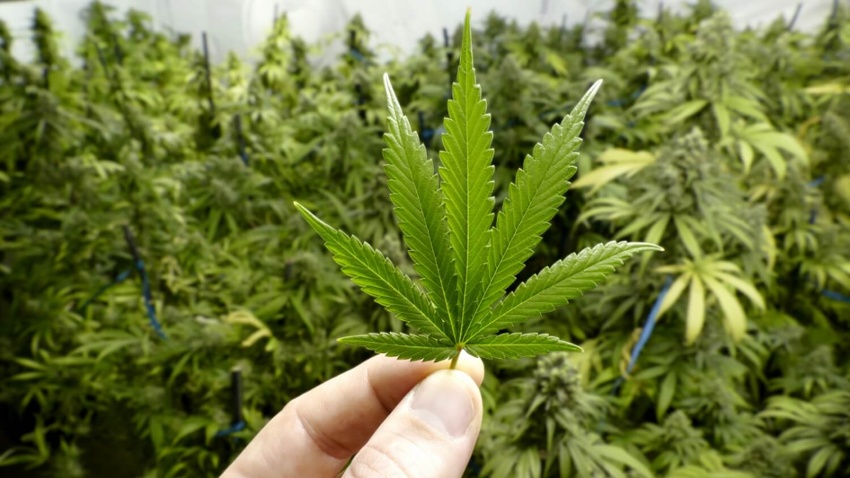In response to Rhode Island Governor Daniel McKee signing a bill passed by the legislature into law that authorizes a two-year pilot program to prevent drug overdoses through the establishment of “harm reduction centers” where people can consume pre-obtained substances under the supervision of trained staff, the Drug Policy Alliance released the following statement:
“Today’s victory in Rhode Island gives us hope that there are policymakers that are willing to actually lead and do what needs to be done to save lives in the face of one of the worst public health crises of our time,” said Lindsay LaSalle, Managing Director of Policy for the Drug Policy Alliance. “With at least 92,000 of our friends and family members lost to overdose in 2020 alone, we simply cannot wait any longer. We have to use every public health resource at our disposal – especially the ones we know work. And we have to do it now. There are mountains of evidence, from years and years of experience in other countries, to show that these centers save lives, increase the likelihood of a person entering treatment, and provide people access to other vitally important health resources.”
“Our general assembly and Governor’s office has been very supportive of helping people with substance use disorders, people who use drugs, and people in recovery and really actively engaging with those populations to move this law along. We hope this will set a precedent for other states to follow suit, with Rhode Island being the leader,” Haley McKee, Co-Chair of the Substance Use Policy Education & Recovery PAC, who led the efforts in Rhode Island.
DPA provided legislative drafting and technical assistance on the bill, along with funding for Protect Families First, one of the primary advocates leading the legislative efforts in the state.
Background on Harm Reduction Centers
Harm Reduction Centers, also called supervised consumption services, supervised injection facilities or overdose prevention services, provide a hygienic and safe space for people who use drugs to consume pre-obtained drugs under the supervision of trained staff. Supervised consumption facilities reduce health and public order issues by targeting high-risk, socially marginalized drug users who would otherwise inject in public spaces, including on the street or in public restrooms. These services are intended to complement – not replace – existing prevention, harm reduction, and treatment interventions.
Facility staff members do not directly assist in consumption or handle any drugs brought in by clients, but are present to provide sterile equipment and supplies, answer questions on safe consumption practices, administer first aid if needed, and monitor for overdose. Staff also offer general medical advice and referrals to drug treatment, medical treatment, and other social support programs.
There are approximately 120 such programs operating worldwide, but Rhode Island is the first state in the U.S. to pass a law that authorizes the implementation of harm reduction centers that allow supervised drug consumption.
Hundreds of evidence-based, peer-reviewed studies have proven that supervised consumption facilities reduce overdose deaths, do not encourage additional drug use, provide an entry to treatment and even abstinence, reduce risky injecting and transmission of infectious diseases, including HIV, hepatitis C, and hepatitis B, improve public order by reducing discarded syringes and public injecting, reduce crime, and are cost-effective.



